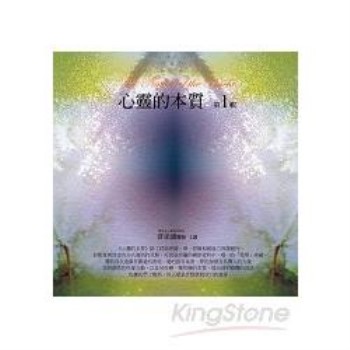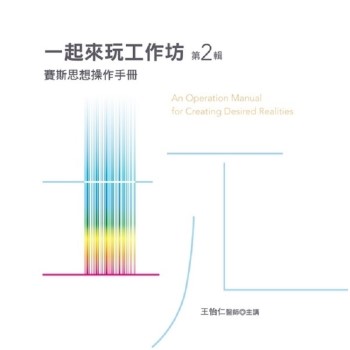"Aesthetics" and "theological aesthetics" usually imply a focus on questions about the arts and how faith or religion relates to the arts; only the final pages of this work take up that problem. The central theme of this book is that of beauty. Farley employs a new typology of western texts on beauty and a theological analysis of the image of God and redemption to counter the centuries-long tendency to ignore or marginalize beauty and the aesthetic as part of the life of faith. Studying the interpretation of beauty in ancient Greece, eighteenth-century England, the work of Jonathan Edwards, and nineteenth and twentieth-century philosophies of human self-transcendence, the author explores whether Christian existence, the life of faith, and the ethical exclude or require an aesthetic dimension in the sense of beauty. The work will be of particular interest to those interested in Christian theology, ethics, and religion and the arts.












